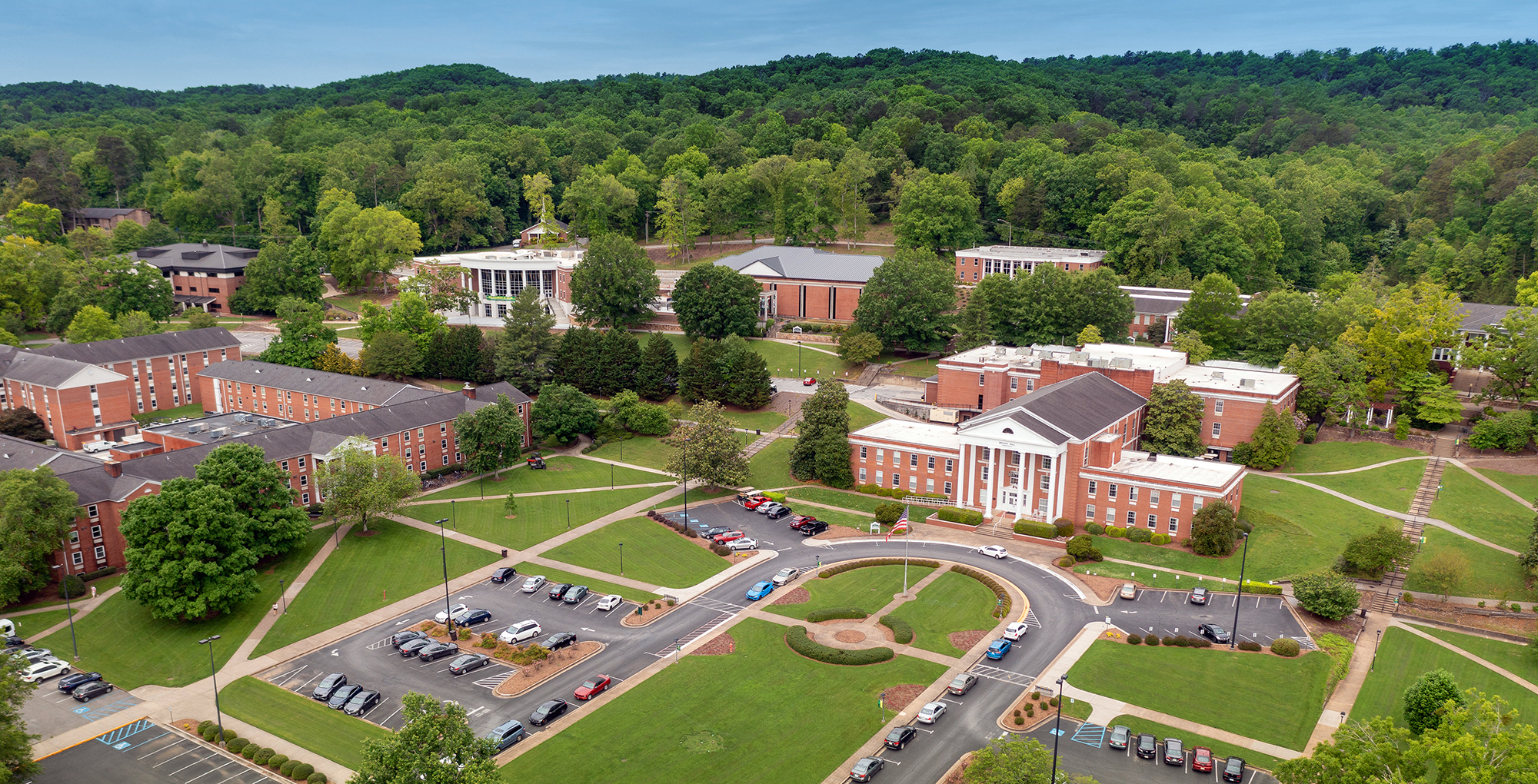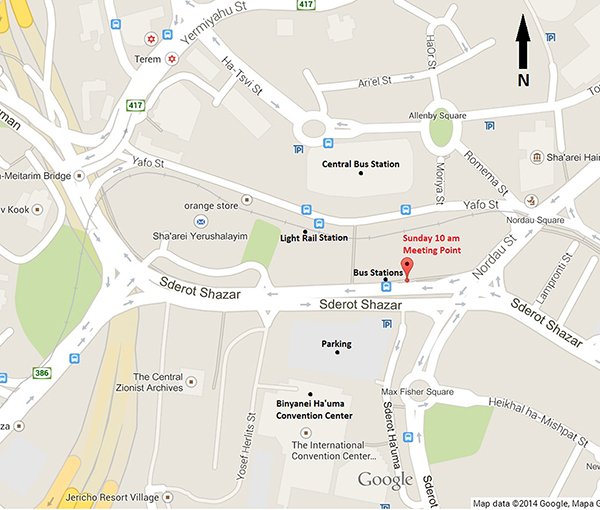
HEBREW UNIVERSITY OF JERUSALEM DIG APPLICATION
Please download the application below and fill it out and turn all forms and payment
made out to the Israel Exploration Society to:
Yosef Garfinkel
Institute of Archaeology
The Hebrew University of Jerusalem
Mount Scopus, Jerusalem 91905 ISRAEL
Hebrew University Volunteer Information
Registration
Academic Credits
If seeking to receive academic credit for the excavation period, volunteers will need to apply through the Rothberg International School at the Hebrew University in Jerusalem in addition to applying to the excavation. This can be done during the excavation season. Three or six academic credits are offered. There is an $80 registration fee, and credits are $100 per credit hour; thus, the fee for three credits is $380 and $680 for six credits. Please make the check out to The Hebrew University of Jerusalem. The application form may be found on the HUJI website at: http://overseas.huji.ac.il/excavations. If there are any questions or concerns about the application process or tuition payment, they may be directed to:
Dept. of Summer Programs and Special Academic Programs
Rothberg International School
Hebrew University of Jerusalem
Boyar Building, Mount Scopus
Jerusalem, 91905
ISRAEL
Tel: +972-2-588-2602
Fax: +972-2-588-2363
rissummer@savion.huji.ac.il
Arrangements
Before traveling to Israel, volunteers should obtain the documentation necessary for travel and in case of an emergency. Photocopying passports and other vital documents (including credit cards, health documents, contact lists, etc…) is recommended in case an original or copy is lost or stolen; volunteers should keep at least one copy of their documentation on their person and in each piece of luggage at all times.
In addition to a passport, volunteers should check the extent and type of international coverage they have with their insurance providers; if not covered, volunteers must secure their own health and travel insurance. Student volunteers may want to learn more about obtaining an international student identity card which provides basic health and travel insurance and may include discounts on admissions to historic sites (for more information, check the CIEE website at http://www.ciee.org/). Volunteers should ensure they have received a tetanus shot recently before excavating and may be interested in receiving their hepatitis vaccination before traveling abroad.
Volunteers are also encouraged to inform their banks of their upcoming travel abroad and learn about their individual bank policies with regard to foreign exchange and transactions. Be sure to bring several forms of currency as a contingency plan; i.e. cash, ATM and credit cards.
Preparation
Cellular phone
Recommended Providers
-
Talk ‘n’ Save - http://www.talknsave.net/
- Global Cellular (Israel Phones) - http://gcellular.net/
Other Providers
- ATS Telecom Systems - http://www.atsisrael.com/
- Cellular Abroad - http://www.cellularabroad.com/
- Planet Omni - http://www.planetomni.com/
- Travel Cell - http://www.travelcell.com/
Clothing
It is important to note that, while the weather in Israel during the period of excavation is very hot and dry, the early morning and later evening can be relatively cool, which volunteers should prepare for. It is also recommended that work clothing be of little or no value, as they may be destroyed in the course of excavation, and discarding work clothes following the dig will also allow for extra luggage space to accommodate purchases made in Israel. Above all, volunteers should pack light-weight clothing that provides protection from the sun. Below is a list of suggested articles of clothing all volunteers should bring.
- Wide-brimmed hat
- Short and long-sleeved cotton shirts
- Light jacket and/or sweater/sweatshirt
- Cotton shorts and pants
- Swimsuit
- Pajamas
- Undergarments and socks
- Work/walking shoes (closed-toe and ankle-height)
- Sandals
- Beach towel
- Sunglasses
- Work gloves (provided)
Personal Supplies
The following list of items includes necessities for daily life, the field and travel:
- Toiletries
- Grooming utensils
- Foot powder
- Lotion
- Sunscreen
- Insect repellent
- Laundry detergent
- Laundry bag
- Rucksack
- Money belt/document courier
- Map/Travel guide
- Personal fist-aid kit (w/ needed medications)
- Thermos/Nalgene or CamelBak
- Notebook and pens/pencils
- Power adapter/converter (120/240 volt)
- Batteries
- Camera
- Flashlight
- Pocket knife
- Corkscrew and bottle-opener
NOTE: towels, sheets, pillowcases, and blankets are provided by the guesthouse.
Travel
Volunteers will be responsible for organizing their own travel to and from Israel and are likewise responsible for arriving at the Central Bus Station in Jerusalem on time for Sunday morning pick-ups. Cabs can be quite expensive, and unfamiliar travelers may not be comfortable with organizing their own public transportation. Below are the links to bus, train, taxi, and car rental services.
- Egged Bus Lines—http://www.egged.co.il/HomePage.aspx
- Israel Railways—http://www1.rail.co.il/EN/Pages/HomePage.aspx
- Taxi directory—http://www.infotaxi.org/country-170.htm
- Car rental directory—http://www.science.co.il/transportation/Companies.php?s=carrental
Weekends
The weekends begin Friday mornings after breakfast at 9:00 a.m. and end Sunday mornings at 10:00 a.m. when all participants must reconvene near the Central Bus Station in Jerusalem to return to the guesthouse. Volunteers are asked to gather at the bus stops south of the Central Bus Station. A detailed map of this area is found here, below. In case of an emergency, contact Prof. Yossi Garfinkel at: +972-2-525-9220 (from outside Israel) or +05-2-525-9220 (from within Israel).
Be sure to have tentative weekend travel plans organized before traveling to Israel; much of the public transportation stops running Friday afternoon and does not resume again until Saturday evening. Internet access may be limited and time to organize may be difficult to come by once excavation begins. While in Israel, volunteers are recommended to have cash reserves in case a credit card is lost, stolen, or damaged. Additionally, volunteers should note that by paying for hotels with foreign currency or credit card, the VAT tax (16.5 percent) can be avoided when away from the hostel.
Upon request, Professor Garfinkel can lead a walking tour in the old city of Jerusalem that visits the four quarters during the first weekend. It will start at the Jaffa Gate at 9:00 am Saturday morning and will last three hours.
Excavation
Daily Schedule
The expedition will work five days a week, from Sunday to Thursday.
|
Sunday: |
A bus will leave from Jerusalem's Central Bus Station each Sunday at 10:00. We will arrive at the hostel at 11:00, get our rooms by 11:30, have lunch at 12:00 and will leave for the site by 12:30. Work on Sunday will last until 20:00. Refreshments will be served at the site at 15:30 and 18:00. Dinner will be served at the hostel. |
|
Monday - Thursday: |
Wake-up is at 4:20 and departure to the site is at 4:50. Work will last from 5:15 to 13:00. There will be three breaks during the morning: 7:00-7:10 for coffee and biscuits, 9:00-9:30 for breakfast and 11:00-11:15 for watermelon. We will reach the hostel by 13:45 and have lunch immediately upon arrival. After a siesta, we will have pottery washing and pottery reading between 16:30 and 18:00. From 18:30 to 19:30 (Monday-Thursday) a lecture illustrated by slides on the archaeology of ancient Israel will be given. Dinner will be served at 20:00. Once a week there will be a weekly tour to nearby archaeological sites, like Khirbet Qeiyafa, Mareshah, Gezer, Ashkelon. On some of these days lunch will be served at the site instead the hostel. |
|
Friday: |
No work will be performed in the field. Breakfast will be served at 8:00 and at 8:45 a bus will depart for the Central Bus Station in Jerusalem. |
